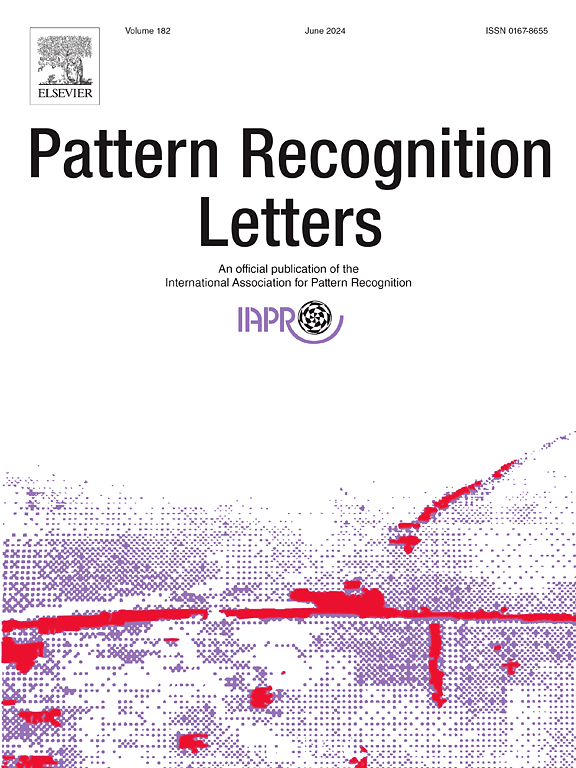用于归因文本属性的表格转换器
IF 3.9
3区 计算机科学
Q2 COMPUTER SCIENCE, ARTIFICIAL INTELLIGENCE
引用次数: 0
摘要
表格数据集中的缺失数据是一个常见问题,因为下游任务的性能通常取决于训练数据集的完整性。以前的缺失数据估算方法主要针对数值和分类列,而我们提出了一种新颖的端到端方法,称为 "文本属性估算表转换器(TTITA)",它基于转换器,利用表中的其他列估算非结构化文本列。我们在三个数据集上进行了广泛的实验,结果表明我们的方法在性能上优于循环神经网络和 Llama2 等基线模型。当目标序列长度较长时,性能提升更为显著。此外,我们还结合了多任务学习来同时对异构列进行归因,从而提高了文本归因的性能。我们还就实际应用与 ChatGPT 进行了定性比较。本文章由计算机程序翻译,如有差异,请以英文原文为准。
Table Transformers for imputing textual attributes
Missing data in tabular dataset is a common issue as the performance of downstream tasks usually depends on the completeness of the training dataset. Previous missing data imputation methods focus on numeric and categorical columns, but we propose a novel end-to-end approach called Table Transformers for Imputing Textual Attributes (TTITA) based on the transformer to impute unstructured textual columns using other columns in the table. We conduct extensive experiments on three datasets, and our approach shows competitive performance outperforming baseline models such as recurrent neural networks and Llama2. The performance improvement is more significant when the target sequence has a longer length. Additionally, we incorporate multi-task learning to simultaneously impute for heterogeneous columns, boosting the performance for text imputation. We also qualitatively compare with ChatGPT for realistic applications.
求助全文
通过发布文献求助,成功后即可免费获取论文全文。
去求助
来源期刊

Pattern Recognition Letters
工程技术-计算机:人工智能
CiteScore
12.40
自引率
5.90%
发文量
287
审稿时长
9.1 months
期刊介绍:
Pattern Recognition Letters aims at rapid publication of concise articles of a broad interest in pattern recognition.
Subject areas include all the current fields of interest represented by the Technical Committees of the International Association of Pattern Recognition, and other developing themes involving learning and recognition.
 求助内容:
求助内容: 应助结果提醒方式:
应助结果提醒方式:


